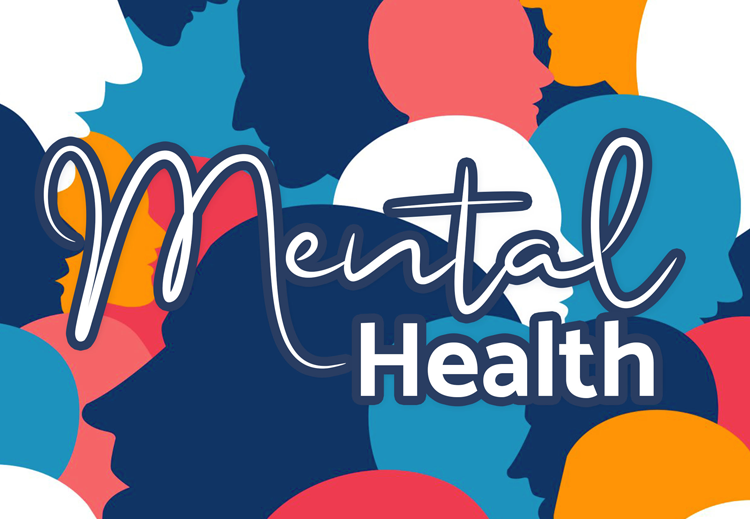
☰ Menu
Menu
September 12, 2020 | 10:24 am

Mental health is our emotional, psychological, and social well-being which enables us to handle stress, make decisions, relate well with others, work productively and contribute to our community. Sometimes it also involves our sense of spirituality and is important in every stage of life, from childhood to adulthood.
Mental health problems can be caused by the interaction of several factors and there is never just one cause. Some of those factors may be:
Mental health involves our thoughts, feelings and actions. Early warning signs might show when someone is having mental health issues, such as:
The first step into getting better is getting help. Mental health problems should be addressed and treated. Treatment and therapy can be obtained through a variety of approaches:
Types of Treatments
Psychotherapy focuses on improving well-being through exploring emotions, thoughts and behaviors. It helps you understand yourself and usually carried out by trained mental health professionals such as psychologists, psychotherapists and psychiatrists.
Medication helps by correcting the biochemical imbalances in the brain and helps to relieve symptoms of mental health problems so you can resume social interaction and normal school/work routine. These are prescribed and managed by psychiatrists.
Quite often there is a need to combine the 2 modalities of treatment either by 2 persons or 1 and the same mental health professional.
Coordinated assessments, plans, services and strategies that is carried out by a case manager (i.e. primary mental health professional or others) to facilitate recovery.
In some cases, when the mental health condition worsens to the point where there is a need to closely monitor the patient (i.e. ensure he/she is sleeping and eating well or has the potential to hurt self or others), bring that person to the emergency room for possible admission to the hospital.
A support group is composed of peers who lived or are living under similar circumstances and share the same goal towards recovery.
Our Medical Arts Center houses psychiatrists that could help you with your mental health concerns. You may call (046) 481-8000 or (02) 8988-3100 local 1206/2001, or visit http://findadoctor.dlshsi.edu.ph/ for their clinic schedules.
References:
———————————————————————————————————————————————————-
Disclaimer:
All content found on the DLSUMC microsite, including text, graphics, images, audio or other formats were created for general informational purposes only and are not intended or implied to be substitutes for professional medical advice, diagnosis or treatment.
If you think you may have a medical emergency, call your doctor, go to the emergency department, or call your local emergency hotline immediately.
Other Health Articles